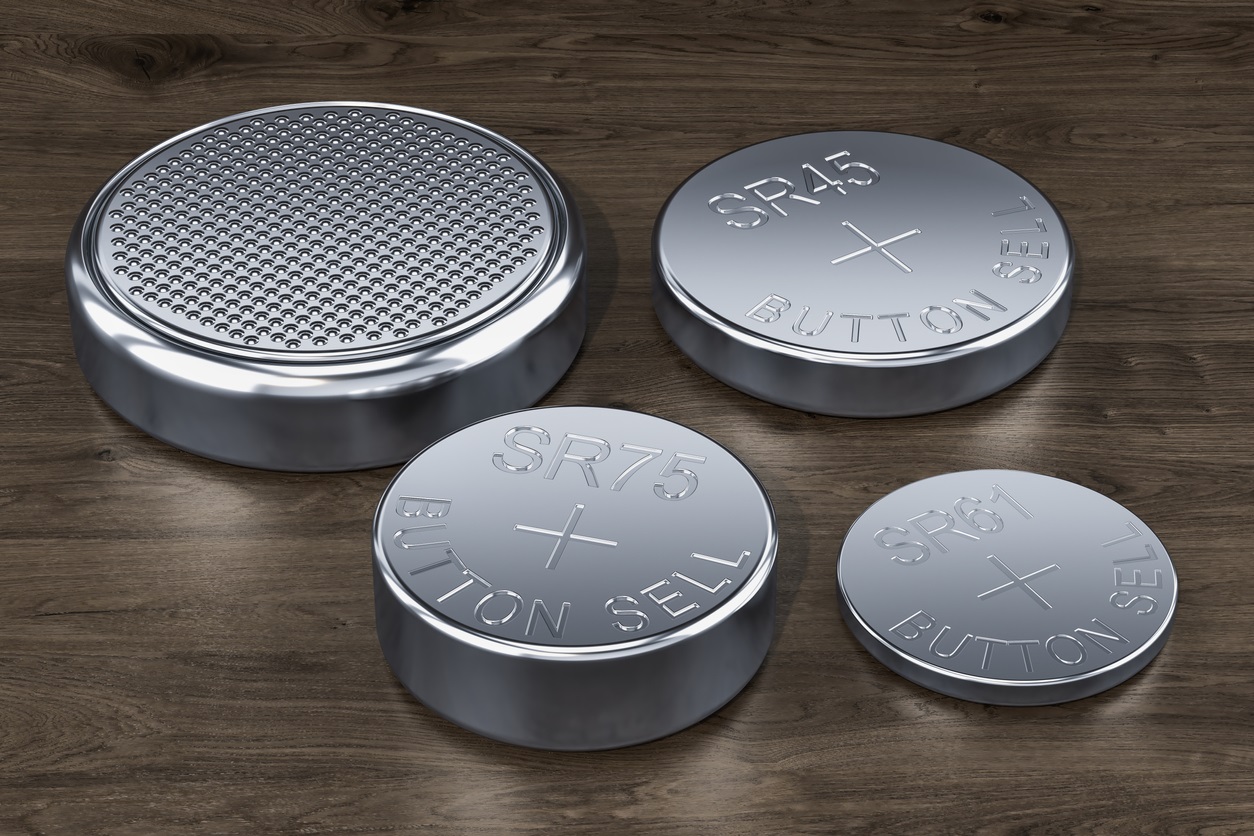
Button Battery testing to mandated safety standards
- Monday, 13 January 2025
Batteries such as coin and button types are often used in items such as: car key fobs, toys, electronic goods, computers, remotes, thermometers and general consumer products.
ITEMS POWERED BY BUTTON BATTERIES
“The Mandates, the Hazards & Testing”
AWTA Product Testing has developed a testing protocol to satisfy the assessment of information labels and testing according to the testing options offered by the safety standard.These small but powerful batteries are identified as button or coin type batteries as they are small in size with a diameter much greater than their height. Common button coin batteries are powered by zinc, alkaline, silver oxide or lithium chemistries.
THE HAZARD
The size and shape of these batteries make it easy for them to become lodged in a child's airway when swallowed. They can also emit voltage when swallowed or placed in an orifice such as the ear or nose. This causes tissue damage particularly if accompanied by leakage.
ADDRESSING THE PROBLEM
The Australian Government has mandated through the ACCC, a set of information and safety standards to ensure that:
- Button coin batteries or product containing button/coin batteries are sold with adequate warning labels to alert consumers and educate the public.
- Safety standards that prescribe laboratory testing to ensure that with reasonable use and some abuse of items containing the batteries, the battery remains inaccessible.
These standards are mandated from 22 June 2022.
TESTING THE BATTERIES
AWTA Product Testing has developed the testing protocol to satisfy the assessment of information labels and testing according to the testing options offered by the safety standard.
Button and coin batteries may be found in a broad offer of consumer goods and therefore both product specific and non-product specific test methods are available to design a test program suitable for product type.
Typically, testing challenges the item through a series of drop, impact and crush tests followed by probing with specified tools that simulate a finger attempting to access the battery compartment.PRICING
Testing will vary somewhat as influenced by the product, pricing for the testing is on application and formal quotation.Typical service time would be approximately 15 working days from receipt of goods into the AWTA Product Testing Melbourne laboratory.
LINK TO FACT SHEET: Button Battery Testing
CONTACT US
If you would like further information on button/coin testing and our testing services - please contact us at:
Phone: (03) 9371 2400 OR Email: [email protected]
